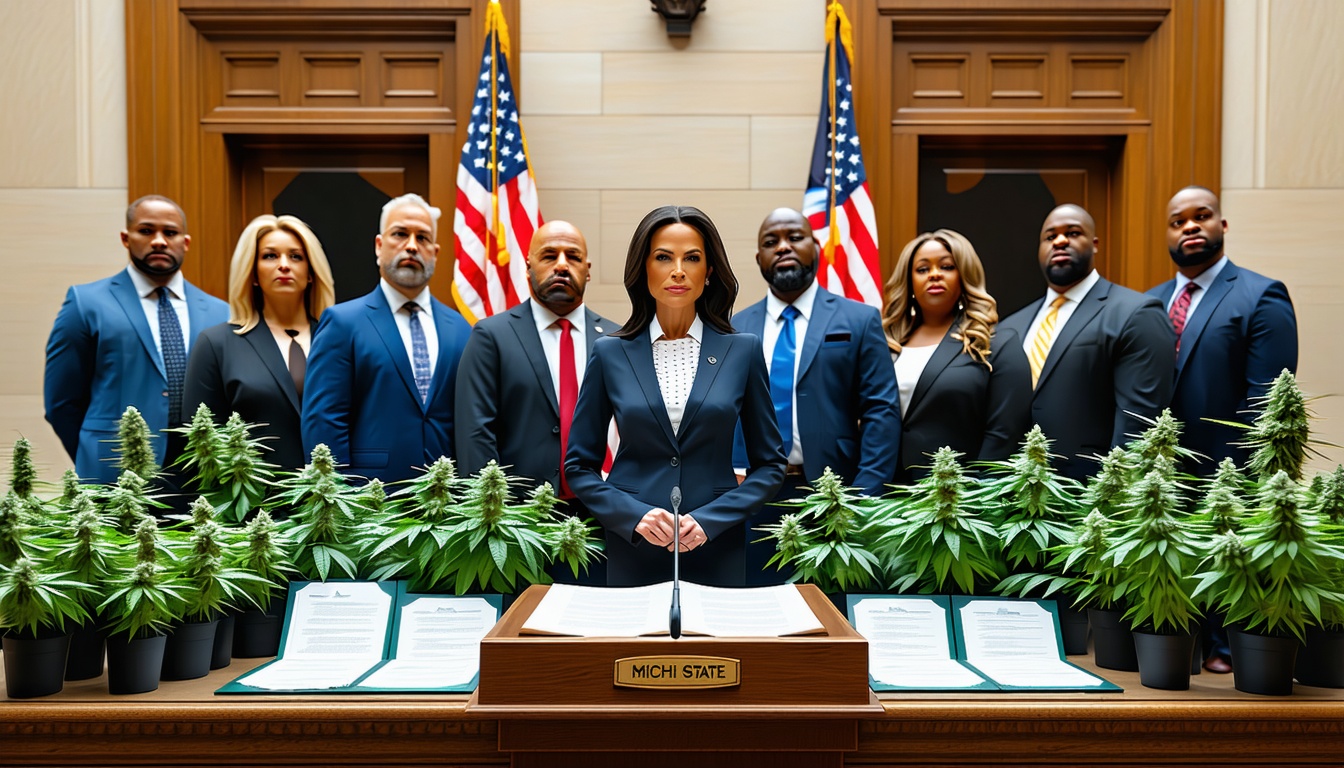The Legalization of Marijuana: A Boon for the Economy
In recent years, the United States has seen a significant shift in the public’s perception of marijuana, with 37 states and Washington D.C. now allowing its use for medical or recreational purposes. This change in policy has not only led to a cultural shift but also has had a profound impact on the economy.
One of the most significant benefits of marijuana legalization is the influx of tax revenue it brings. In 2023, states that legalized marijuana for personal consumption generated a staggering $4.2 billion in annual tax revenue. This revenue is not only a boon for state coffers but also creates jobs and stimulates local economies.
The legal cannabis industry is also creating a new source of employment opportunities. According to industry statistics, the average medical marijuana dispensary has 6.2 employees, which means that the 15,000 dispensaries in the United States create an estimated 93,000 jobs. These jobs not only benefit the individuals employed but also have a ripple effect on the local economy, as employees spend their wages on goods and services.
In addition to the direct economic benefits, marijuana legalization also has a positive impact on the broader economy. A 2023 report found that consumers spent roughly $30 billion on legal marijuana products in 2022, which is higher than spending on chocolate, chicken eggs, or craft beer. This increased consumer spending has a positive impact on local businesses, from software developers to construction companies, and even banks and lenders.
However, the benefits of marijuana legalization do not stop there. The industry also provides investment opportunities to a broader population. While marijuana remains illegal on the federal level, it is difficult for investors to capitalize on the growth of the industry. However, should marijuana become legal on the national level, marijuana companies would be free to list their stocks on all U.S. exchanges, enhancing liquidity and opening up access to many more investors.
Another significant benefit of marijuana legalization is the reduction in enforcement costs. The American Civil Liberties Union estimates that federal marijuana enforcement costs close to $3.6 billion per year. If marijuana were to be legalized on a national level, these costs would likely drop considerably, freeing up resources for more pressing issues.
While there are many compelling reasons to consider nationwide legalization, there are also concerns about the potential negative impacts of marijuana use. Critics cite the potential for confusion among law enforcement officers, concerns about increased homelessness or youth use of the substance, and the potential for decreased property values.












